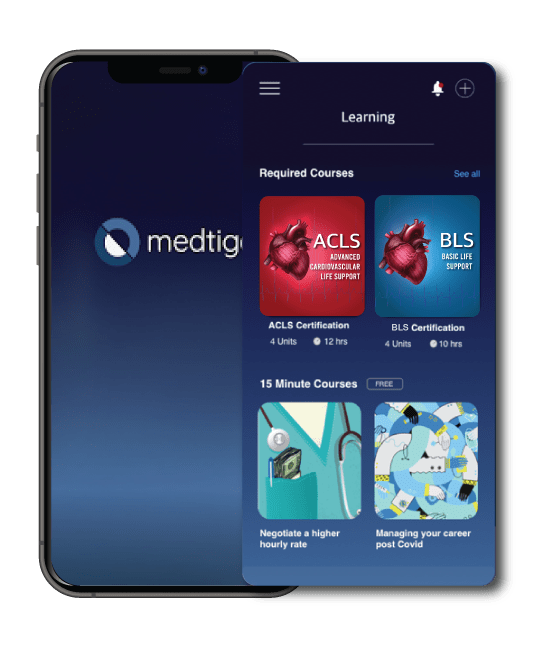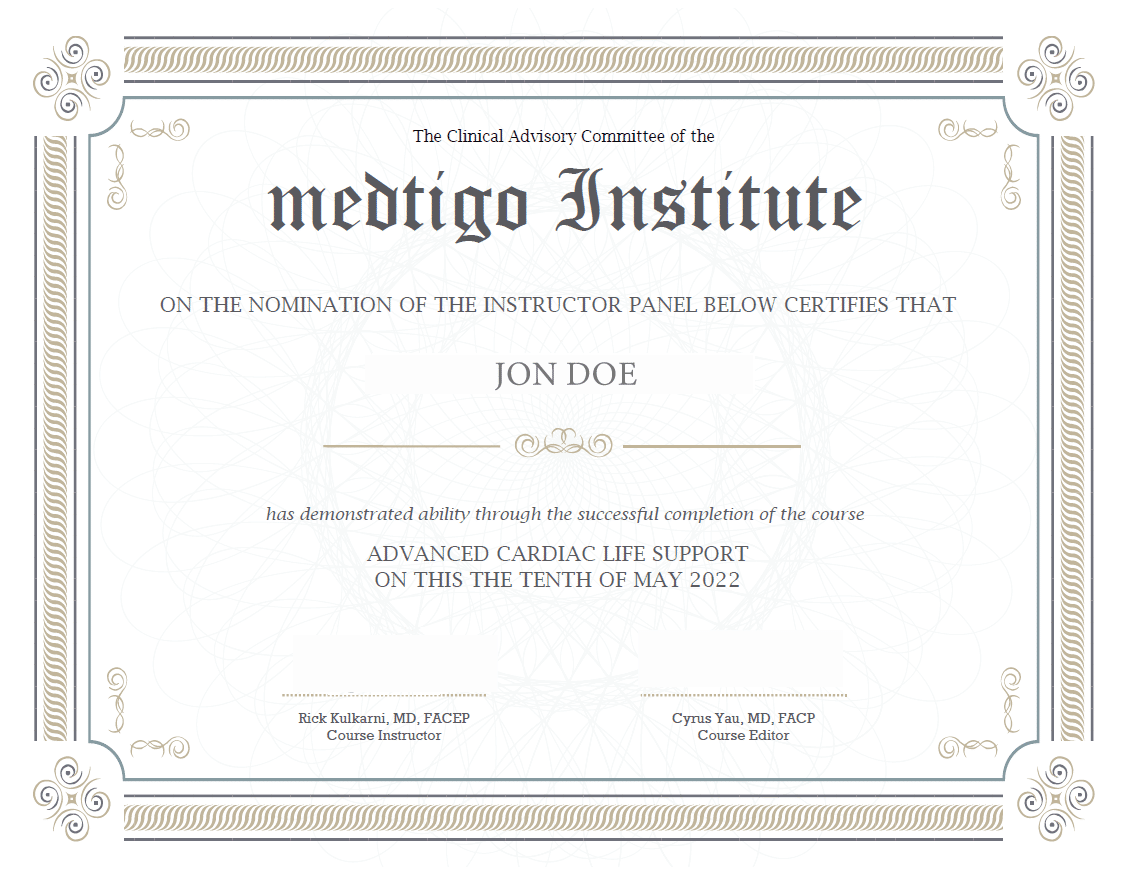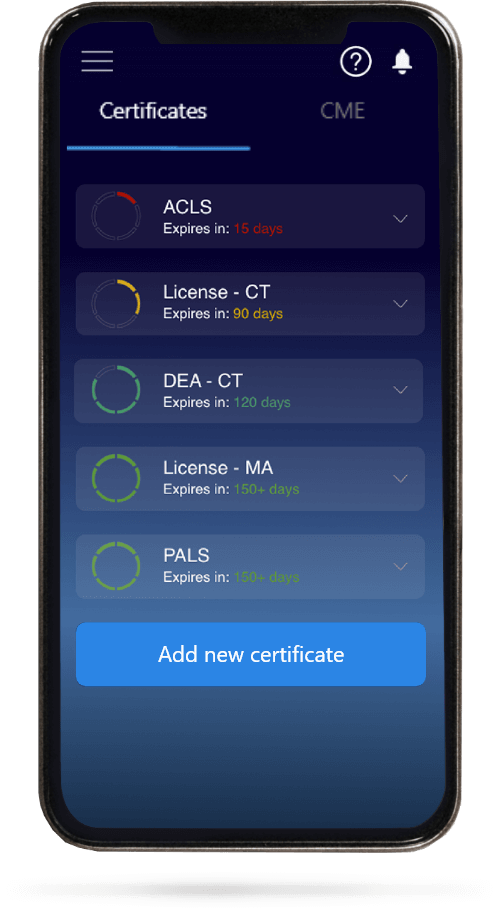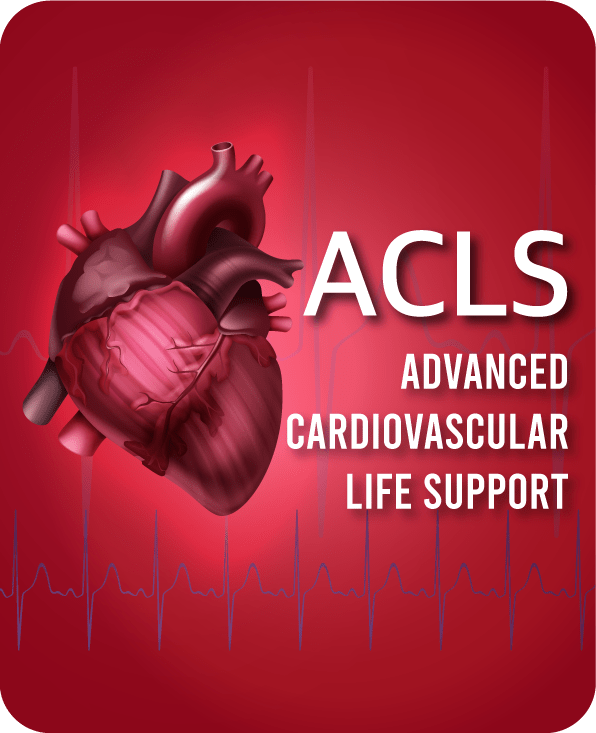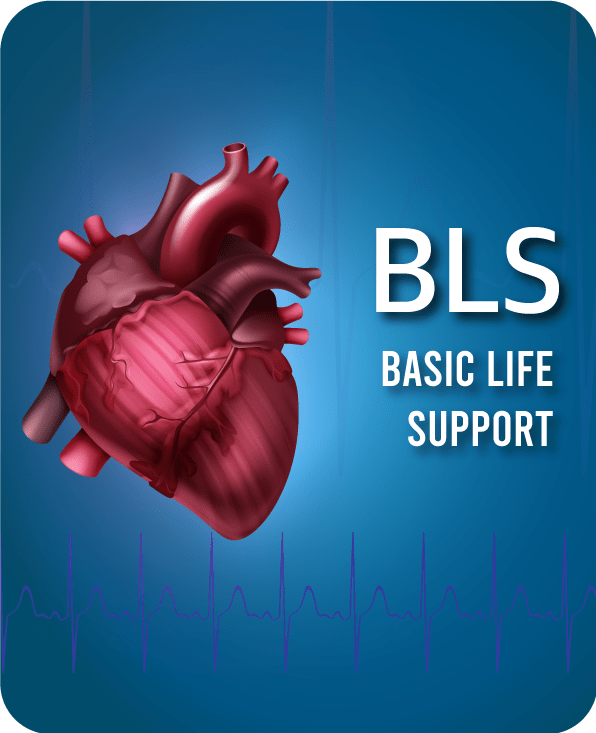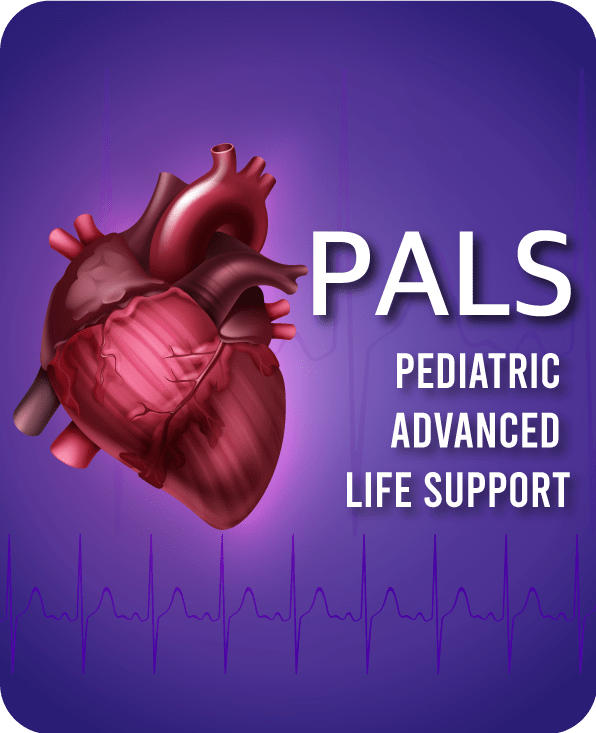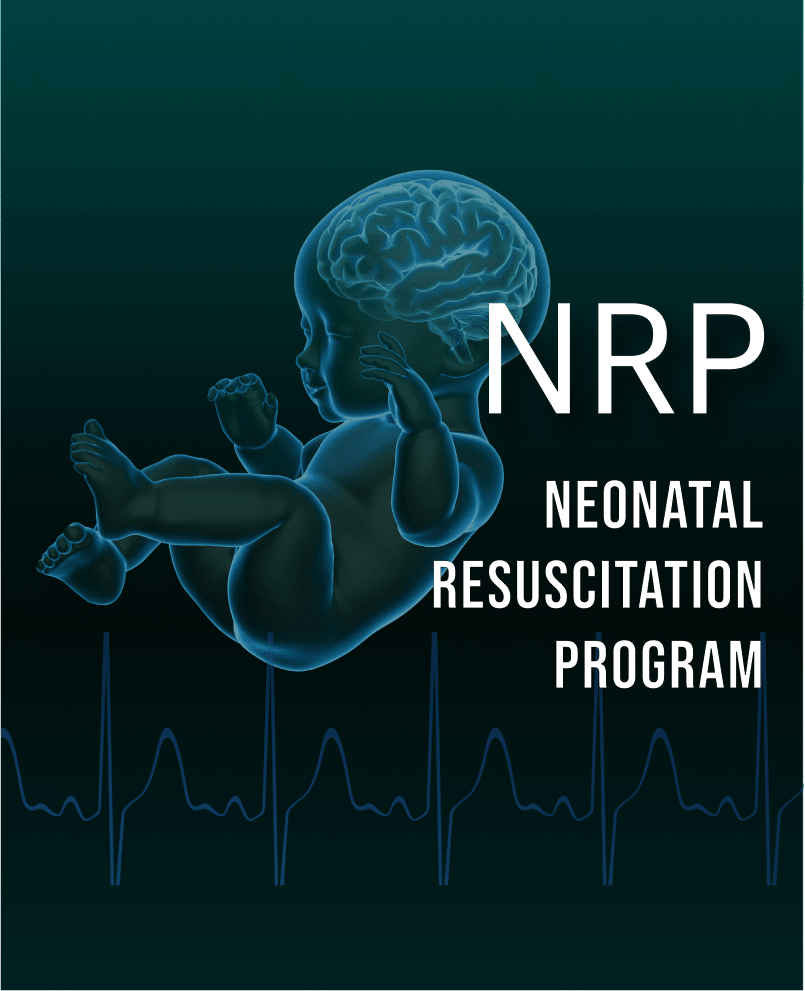Per- and polyfuoroalkyl substances, or PFAS, are a class of human-made chemicals that are considered “forever chemicals” because they remain in the environment for a long time. Since exposure to these chemicals is associated with a range of serious health conditions, research into the effects of PFAS on humans is ongoing.
Research shows that certain foods also contain forever chemicals, and depending on where people reside, their drinking water might contain PFAS. Forever chemicals are also found in food packaging.
Now, research shows the risk of PFAS exposure is even greater for people who consume a heavy seafood diet. The study’s authors do not suggest people should avoid eating fish entirely since seafood has many health benefits and PFAS are ubiquitous in the environment. The researchers investigated the eating habits and PFAS exposure of people living in Portsmouth, NH, where seafood consumption is prevalent. The study consisted of two parts.
The researchers surveyed 1,829 NH residents in June 2021 to learn the types of seafood they consumed and how much. Included in the survey was seafood consumption data from adults and children ages 2–11.
Within the last year, 95% of adults reported eating seafood like shrimp, haddock, and salmon. Researchers also purchased and analyzed a “seafood basket” of the most commonly consumed types of seafood from a Portsmouth market for analysis and detected 26 types of PFAS compounds in the purchased foods. For shrimp and lobster, concentrations of PFAS ranged from below the detection limit to 1.74 and 3.30 ng/g, respectively. These findings suggest that people who eat a lot of seafood could consume additional PFAS concentrations. Other than their toxicity.
Other than their toxicity, much remains unknown about the effects of PFAS at this time. Still, the Environmental Protection Agency (EPA) recommends reducing PFAS exposure as much as possible. PFAS dates back nearly eight decades and is used in various water, stain, or grease-resistant consumer products.PFAS influences a wide range of biological systems within the body and has many adverse health impacts.
There have also been more cases in communities where drinking water was contaminated with PFAS and foods grown or lived in areas with higher PFAS levels. Part of the current challenge for consumers is that some of the traditionally safer seafood choices in mercury content may have higher concentrations of other pollutants, like PFAS. This underscores the importance of eating a balanced diet incorporating various healthy foods.
Journal Reference – Crawford, K. A., Gallagher, L. G., Giffard, N. G., Gardiner, C. L., Keirns, T., Fernando, S., … Romano, M. E. (2024).
Exposure and Health. doi:10.1007/s12403-024-00640-w





